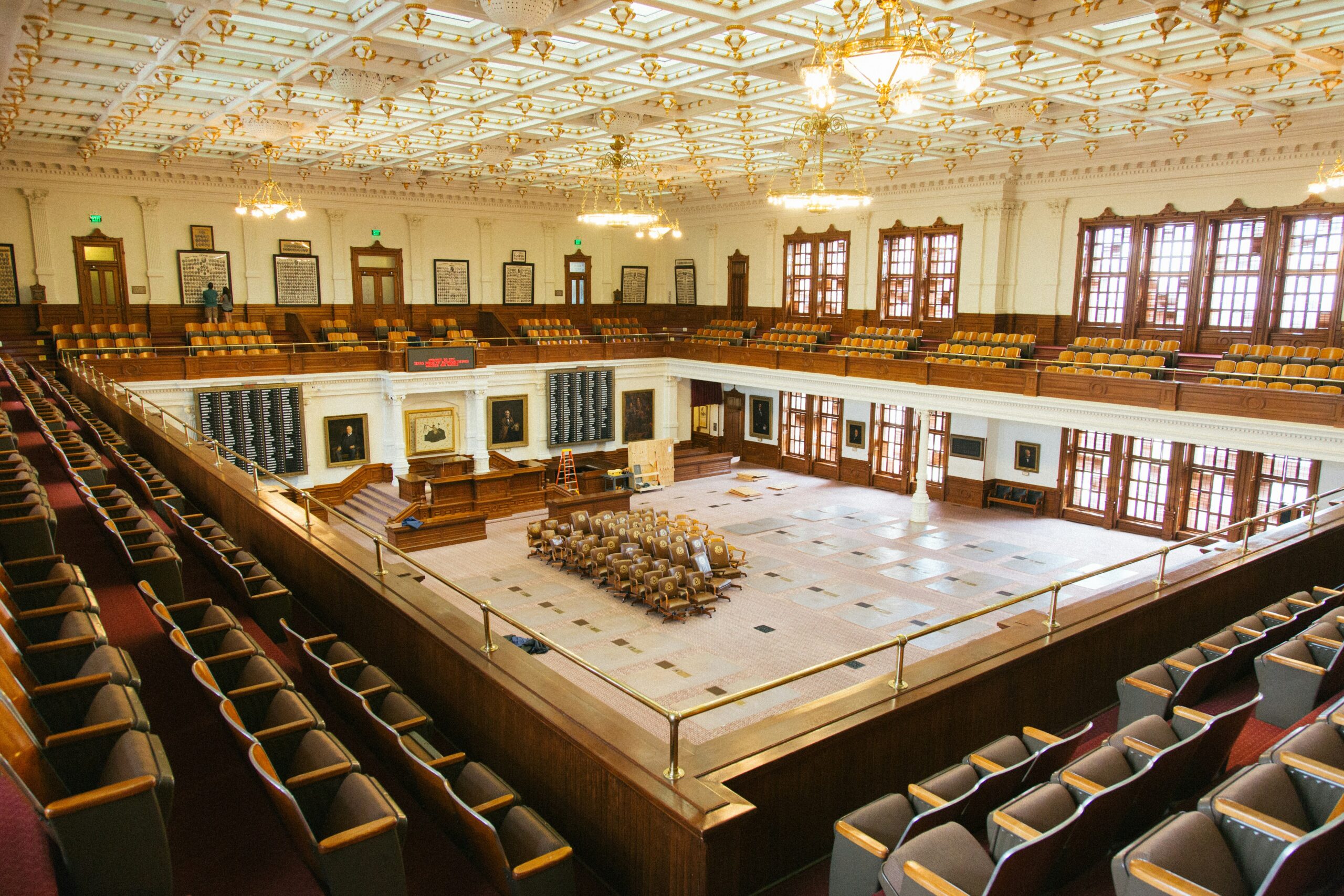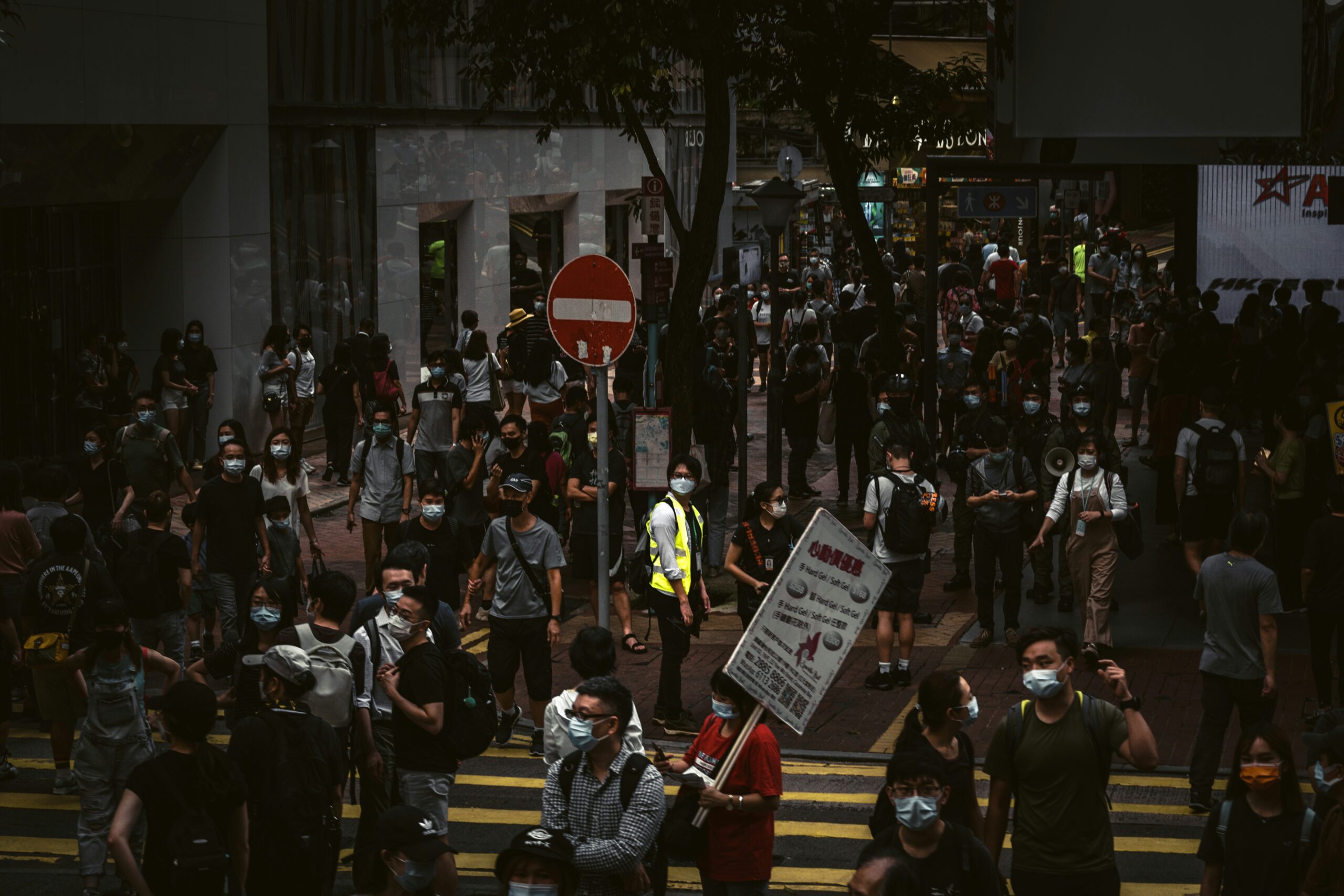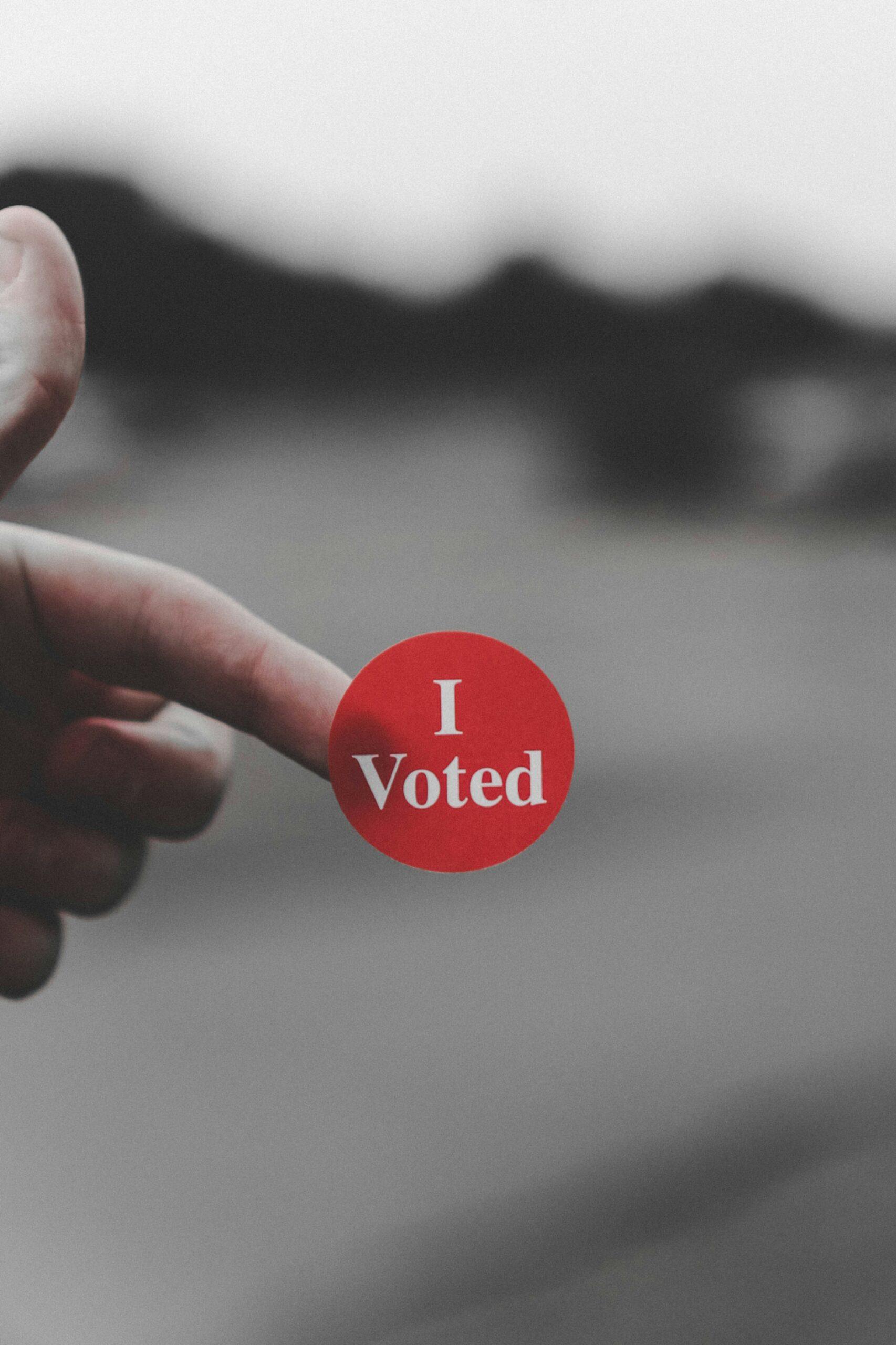Introduction to NPR Politics
NPR Politics serves as a crucial pillar in the realm of political reporting and commentary, offering listeners and readers insightful analyses of the political landscape in the United States. Rooted in the mission of National Public Radio (NPR), this division is dedicated to delivering unbiased news and informative content that fosters an understanding of the complexities of American politics. Through well-researched journalism, NPR Politics encapsulates the events that shape public policy, providing a robust platform for discussion and engagement.
The significance of NPR Politics lies not only in its comprehensive coverage but also in its commitment to accuracy and impartiality. In an era where political polarization is rampant, NPR aims to present facts and narratives that transcend partisan divides. This approach enables a space where diverse viewpoints can be articulated and explored, which is essential for informed citizen participation in democracy. Furthermore, the NPR Politics team employs a variety of multimedia formats—such as podcasts, articles, and live reporting—thus reaching a broad audience and catering to the different preferences of its consumers.
One of the standout features of NPR Politics is its capacity to connect stories and events within the broader context of American history and society. By contextualizing current events, the team helps audiences understand not just what is happening but also why it is significant. This depth of coverage is evident in the way NPR Politics engages with both local and national issues, making the content relevant to a diverse demographic. Overall, NPR Politics embodies a model for journalistic integrity, ensuring that the public remains well-informed and engaged with the democratic process.
Popular NPR Politics Podcast Hosts
The NPR Politics Podcast features a diverse array of talented individuals who bring unique perspectives to the realm of political discourse. Among the prominent hosts is Scott Detrow. With a background in reporting on a variety of political topics, Detrow has built a reputation for his insightful analysis and ability to simplify complex issues. He has previously covered pivotal campaigns and major political events, allowing him to draw from a wealth of experience. His approachable style not only engages listeners but also fosters a clearer understanding of political landscapes.
Another key figure in the podcast is Aisha Roscoe, who brings her robust journalistic background and a keen eye for detail to the discussions. Roscoe’s previous roles in political reporting have equipped her with an exceptional understanding of national issues. Her contributions often highlight the nuances of policy debates, showcasing underreported perspectives that enrich the overall narrative provided by the podcast. Her ability to connect with the audience makes her insights particularly impactful.
Tamara Keith, a seasoned political correspondent, is also integral to the NPR Politics Podcast, infusing the discussions with her unique viewpoints shaped by years of covering the White House and elections. Her analytical approach, combined with a comprehensive understanding of current events, positions her as a vital voice in the podcast. Keith’s experience in radio journalism further enhances the auditory storytelling aspect of the show, making complex political dynamics accessible to the average listener.
Together, these hosts create a dynamic and informative platform that embodies the essence of NPR politics. Their collaborative efforts not only shed light on current events but also encourage audiences to engage more deeply with the political discourse shaping our society today.
Notable Episodes and Transcripts
The NPR Politics Podcast has emerged as a significant platform for discussions surrounding contemporary political events, offering listeners insightful analysis and expert commentary. Among its notable episodes, several stand out due to their relevance and depth of content. For instance, an episode dedicated to the implications of the latest congressional elections provided a thorough examination of voter turnout trends and strategic maneuvers by political parties. This episode featured in-depth interviews with seasoned political strategists, offering listeners unique perspectives on the evolving landscape of American politics.
Another significant episode ventured into the consequences of major domestic policy changes, dissecting initiatives such as healthcare reform and climate action legislation. The discussions in these episodes are not just analytical; they connect the dots between policy decisions and their real-world impacts, allowing audiences to understand the intricacies of NPR politics in a comprehensive manner. Interviews with key political figures further enhance these episodes, giving listeners a front-row seat to the thoughts and motivations of those shaping policy today.
The accessibility of transcripts for these episodes is a notable feature of the NPR Politics Podcast. Providing transcripts allows those who may prefer reading to follow along with the discussions at their own pace. Moreover, it serves as a valuable resource for educators and researchers interested in exploring political discourse. Each transcript captures the essential exchanges between hosts and guests, ensuring that the insights shared during the episodes remain available for future reference. Overall, the combination of engaging discussions and readily available transcripts positions the NPR Politics Podcast as an essential resource for anyone looking to stay informed about current political events.
Top 10 Political Podcasts to Follow
In the realm of political discourse, podcasts have emerged as a powerful medium for disseminating information and engaging audiences. Among these, the NPR Politics Podcast has carved a niche, but several other contenders offer compelling insights into the ever-evolving political landscape. Below is a curated list of ten noteworthy political podcasts that enthusiasts should consider following.
The Pod Save America podcast is a well-received staple in the political podcasting space. Hosted by former Obama staffers, it combines witty commentary with crucial political analysis. Their approach often resonates with younger audiences, making it a favorite among those seeking a blend of humor and depth.
The Daily, produced by The New York Times, offers a more journalistic perspective on current events. Its focus on a single topic per episode allows listeners to dive deep into significant issues affecting the nation, providing hard-hitting news analysis.
FiveThirtyEight Politics stands out for its data-driven approach. This podcast appeals to listeners interested in quantitative analysis and polling, making complex statistical information more accessible and engaging.
For those seeking international perspectives, Foreign Policy’s The Editor’s Podcast provides insights into global dynamics, often paralleling domestic political trends, thus enriching the overall understanding of politics as a whole.
What A Day offers a light-hearted yet insightful recap of the week’s political happenings. Its informal format is appealing to a broad audience, particularly for those who prefer concise summaries mixed with humor.
Hidden Brain incorporates psychological insights into political behavior, examining how our unconscious biases shape our views and actions within the political sphere, providing a unique take on politics.
Each of these podcasts exhibits unique qualities, yet they all contribute significantly to the discourse surrounding politics. As intellectual and engaging platforms, they serve as excellent supplements to the NPR Politics Podcast, expanding listeners’ perspectives on the intricate world of politics.
Listening Trends: Most-Listened-to Political Podcasts
The landscape of political commentary has significantly transformed in recent years, particularly with the rise of podcasts as a primary source of news and analysis. Among the most notable platforms contributing to this trend is NPR Politics, which has cultivated a dedicated audience drawn to its thoughtful content and expert insights. Understanding listener demographics reveals that a diverse range of individuals, spanning various age groups and backgrounds, are tuning in to these shows, indicating a widespread interest in political discourse.
Data analysis suggests that the appeal of top political podcasts, including those produced by NPR, often lies in their format. Many successful episodes utilize a conversational tone, allowing hosts and guests to discuss issues in a relatable manner. This accessibility contributes to higher engagement rates, as listeners feel as if they are part of the discussion. Furthermore, podcasts that blend in-depth interviews with timely news updates tend to attract larger audiences, showcasing the audience’s preference for a balance of analysis and immediacy in political reporting.
Topics that resonate most with listeners often include pressing current events, election coverage, and explorations of political ideologies. Programs that tackle these subjects through a lens of relatability and thorough research tend to garner praise and repeat listenership. Additionally, the ability of political podcasts, such as those offered by NPR Politics, to adapt to the changing political climate has proven essential in maintaining audience interest and relevance.
Overall, the growth of political podcasts highlights a shift in how audiences engage with news and analysis. The combination of engaging formats, relevant topics, and a diverse listener base has solidified these shows as significant players in the world of political commentary.
The Role of NPR Politics in Current Events
NPR Politics plays a significant role in shaping public understanding and awareness of the current political landscape in the United States. By providing balanced and in-depth coverage of various political events, including campaigns, NPR helps listeners navigate the complexities of political issues, which are often intertwined with public sentiment. The lens through which NPR Politics presents information is vital, especially in an era when misinformation can easily proliferate through social media and other platforms.
Recent headlines have highlighted the impact of undecided voters on electoral outcomes, drawing attention to the delicate balance of opinions that can sway close races. NPR Politics carefully analyzes the views and motivations of these voters, often diving into the nuanced factors that influence their decision-making processes. Through interviews, expert analysis, and comprehensive reporting, NPR sheds light on how these voters perceive key issues such as healthcare, education, and climate change. This aspect of its coverage not only informs the public but also contributes to a more informed electorate, capable of engaging meaningfully in democratic processes.
Furthermore, NPR’s various podcasts and segments on politics provide platforms for diverse voices and perspectives, ensuring that listeners gain a holistic view of current events. By incorporating expert insights and varying viewpoints, NPR Politics enhances the discourse surrounding pivotal issues and raises awareness about their effects on everyday life. This contributes to a deeper understanding of the political climate and encourages listeners to stay engaged with developments in their communities and beyond.
Overall, NPR Politics serves as a crucial resource, fostering informed citizenship and enhancing public discourse on current events. By following the narratives and shifts in political dynamics, it equips individuals with the knowledge needed to understand and participate in the ongoing dialogue that shapes the nation’s future.
Understanding Politics: Definitions and Concepts
Politics is a multifaceted domain that encompasses the systems, processes, and practices through which power and governance are exercised. At its core, politics involves the distribution and authorization of power among individuals and institutions. It is crucial for understanding the world around us, particularly in the context of news and analysis presented in platforms like NPR Politics. Political ideologies serve as foundational frameworks characterized by sets of beliefs about the optimal organization of society. Major ideologies include liberalism, conservatism, socialism, and populism, each offering differing perspectives on issues such as economic equity, individual freedoms, and the role of government.
One significant aspect of politics is the electoral process, which serves as a mechanism through which citizens engage in governance. This process involves various stages, including voting, campaigning, and the role of political parties. Elections are not only a means of choosing representatives but also crucial moments that reflect the will of the populace and can drive substantial changes in policy and direction. Understanding these electoral dynamics is essential for anyone following NPR Politics, as they provide context to contemporary events and discussions.
Moreover, the media plays a pivotal role in shaping political narratives and public opinion. In an age where information is readily available, the way political news is reported influences perceptions of candidates, policies, and issues. NPR Politics exemplifies the significance of journalism in politics by providing informative, balanced reporting that aims to foster informed citizen engagement. The intersection of media and politics is critical to understanding the complexities of governance and public discourse, making it a vital area of exploration for audiences seeking to deepen their knowledge of current events.
The Weekly Roundup: Campaign Trails and Voter Perspectives
This week’s edition of the NPR Politics Roundup highlights pivotal campaign events that have captured the attention of voters across various demographics. As electoral dynamics shift, candidates are intensifying their outreach strategies, particularly focusing on undecided voters, who hold the key to potential electoral victories. The discussions featured in this episode reflect not only the challenges candidates face but also the evolving concerns and priorities of the electorate.
Throughout the week, significant campaign stops were made by leading candidates, seeking to galvanize support in critical battleground states. Key themes emerged, with candidates addressing pressing issues such as economic recovery, healthcare reform, and climate change. In interviews, undecided voters expressed a diverse range of opinions, reflecting their unique backgrounds and motivations. Some cited the importance of character and integrity in candidates, while others prioritized policy proposals, demonstrating a complex landscape of voter priorities that candidates must navigate.
This NPR Politics episode offers insights into how campaigns can tailor their messages to resonate with these undecided individuals. By understanding the specific concerns voiced by voters, campaigns can adapt their strategies accordingly. For instance, some candidates have begun revising their campaign materials to directly address issues raised by undecided voters, such as local job growth and education reforms, which may influence electoral outcomes.
As the election approaches, the implications of this weekly roundup are clear: candidates must continue to listen to the electorate and refine their messaging to meet the evolving demands of potential voters. The insights gained from undecided voters will undoubtedly shape ongoing electoral strategies, making it imperative for campaigns to stay attuned to the shifting mood of the electorate as they engage in the political landscape.
Conclusion: The Impact of NPR Politics
As we reflect on the landscape of NPR politics, it becomes evident that this media platform plays a significant role in informing and engaging the public on various political topics. Through its well-researched news reports, insightful analysis, and thought-provoking podcasts, NPR offers a balanced perspective on contemporary issues that shape the political discourse in the United States and abroad. The ability of NPR politics to bridge the gap between complex political narratives and the everyday citizen is crucial for promoting informed citizenry in a democracy.
The podcasts’ influence, especially those hosted by reputable journalists and political analysts, serves to cultivate a deeper understanding of pressing matters, ranging from local governance to national policy debates. This accessibility allows listeners to gain insights that might otherwise remain obscured by sensationalized or partisan media outlets. Moreover, the thoughtful discussions generated by NPR politics not only inform but also encourage public dialogue, fostering a sense of community engagement and participation. This level of engagement is essential for a thriving democracy, where informed opinions can shape policy outcomes and electoral processes.
Furthermore, as political landscapes evolve and new challenges emerge, the role of NPR politics becomes increasingly pivotal. It is essential for public media to continue addressing the challenges of misinformation while promoting transparency. By adapting its narrative strategies and maintaining journalistic integrity, NPR politics ensures that its audience remains informed about current events and is equipped to participate meaningfully in civic discourse. In essence, the work done by NPR politics not only enhances the public’s understanding but also underscores the importance of media responsibility in democratic societies.









